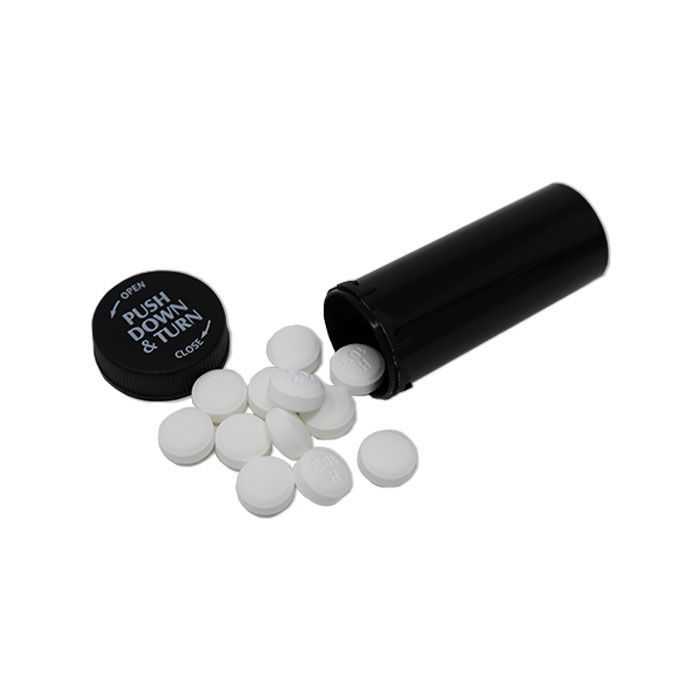Metformin - Generic Glucophage
Managing Type 2 Diabetes
Metformin, the generic equivalent of Glucophage, a widely prescribed medication for managing type 2 diabetes. Metformin helps control blood sugar levels by improving insulin sensitivity and reducing glucose production in the liver. Choose Metformin for its proven efficacy in diabetes management, promoting a balanced and healthy lifestyle. Prioritize your diabetes care with Metformin, ensuring effective control and support in maintaining optimal blood sugar levels.
Read the Patient Information that comes with metformin hydrochloride tablets before you start taking it and each time you get a refill. There may be new information. This leaflet does not take the place of talking with your healthcare provider about your medical condition or treatment.
What is the most important information I should know about Metformin hydrochloride tablets?
Serious side effects can happen in people taking Metformin hydrochloride tablets, including Lactic Acidosis. Metformin hydrochloride, the medicine in Metformin hydrochloride tablets, can cause a rare, but serious, side effect called lactic acidosis (a build-up of lactic acid in the blood) that can cause death. Lactic acidosis is a medical emergency and must be treated in a hospital.
Stop taking metformin hydrochloride tablets and call your healthcare provider right away if you get any of the following symptoms of lactic acidosis:
- Feel very weak and tired
- have unusual (not normal) muscle pain
- Have trouble breathing
- Have unusual sleepiness or sleep longer than usual
- Have unexplained stomach or intestinal problems with nausea and vomiting, or diarrhea
- Feel cold, especially in your arms and legs
- feel dizzy or lightheaded
- have a slow or irregular heartbeat
You have a higher chance of getting lactic acidosis if you:
- Have kidney problems. People whose kidneys are not working properly should not take Metformin hydrochloride tablets
- Have liver problems
- Have congestive heart failure that requires treatment with medicines
- Drink a lot of alcohol
- Get dehydrated
- Have certain x-ray tests with injectable dyes or contrast agents
- Have surgery
- Have a heart attack, severe infection, or stroke
- Are 80 years of age or older and have not had your kidney function tested

